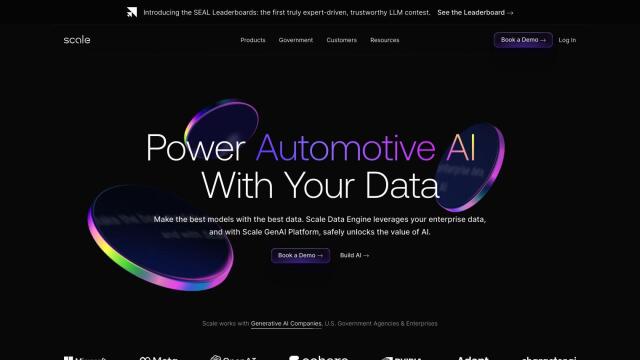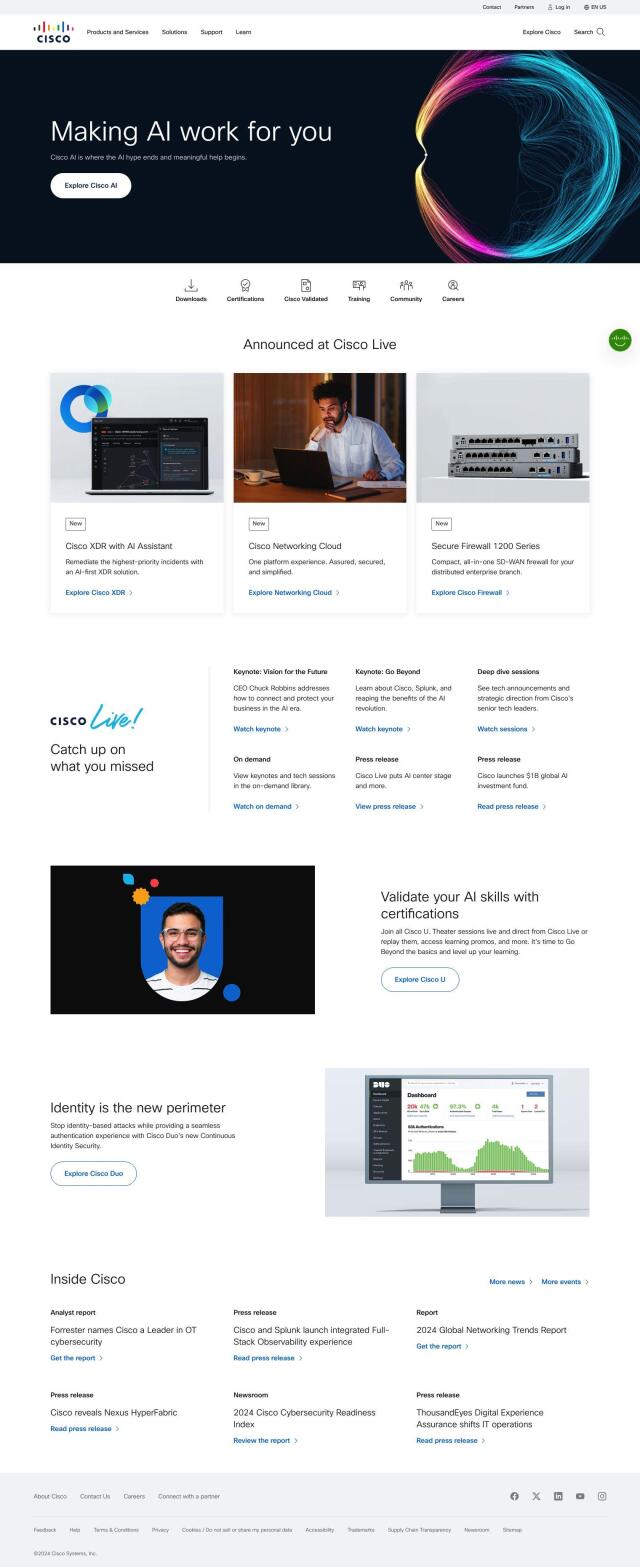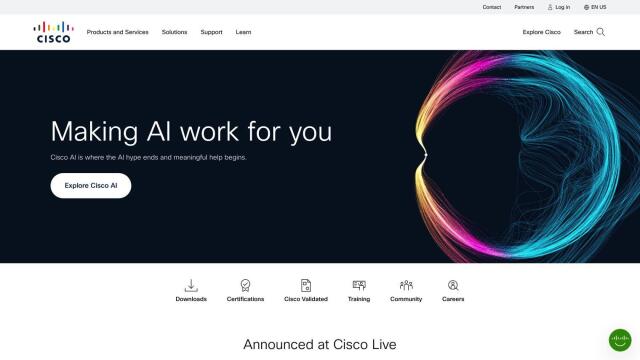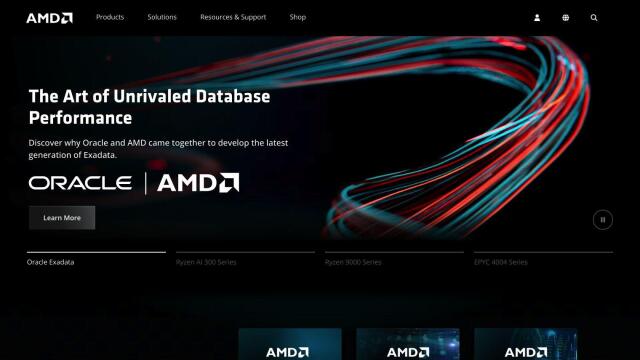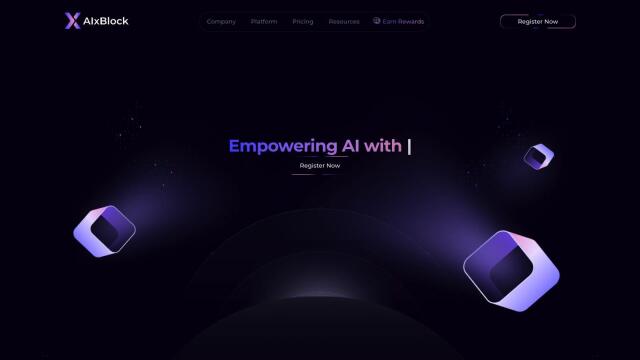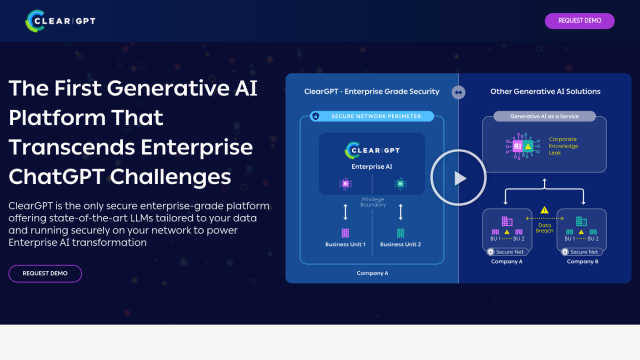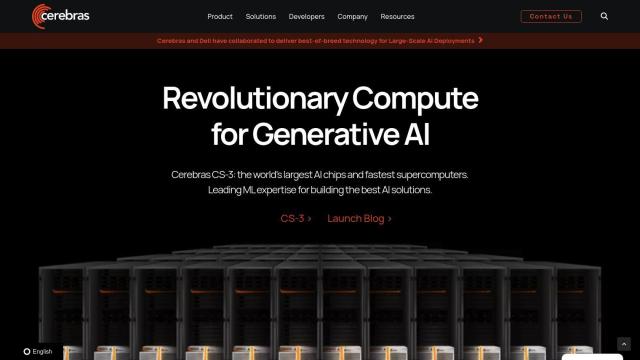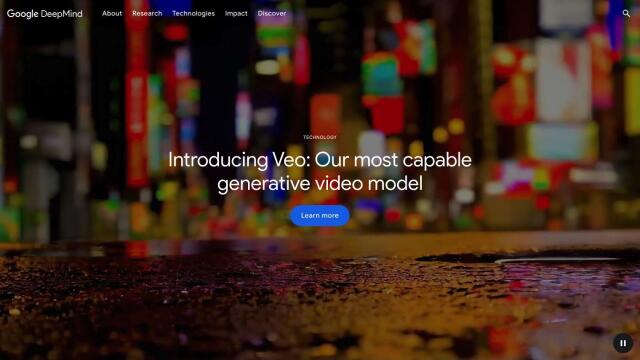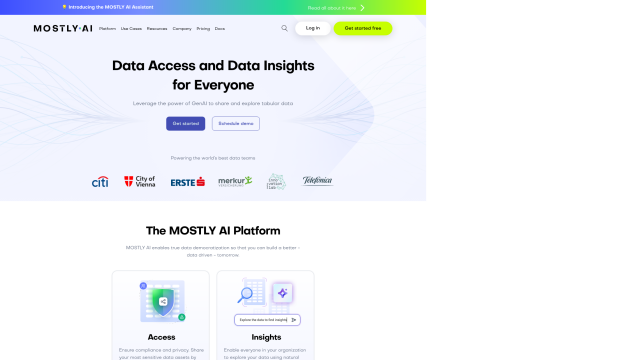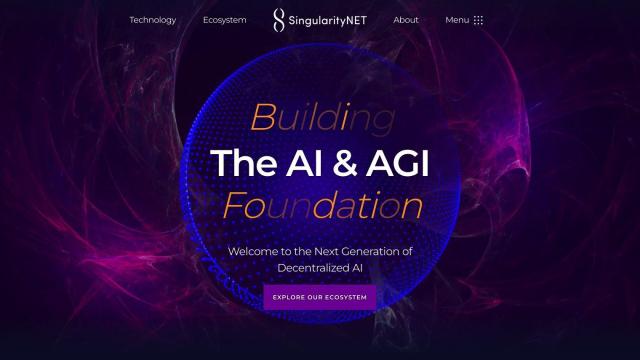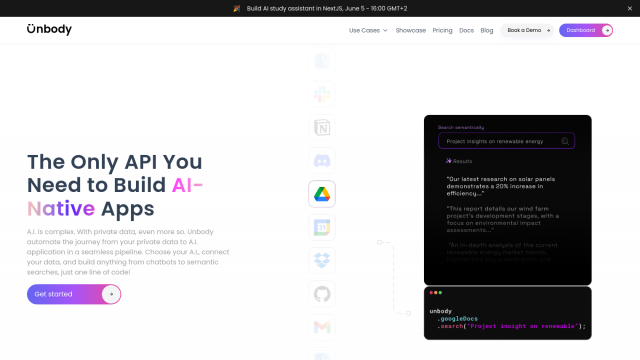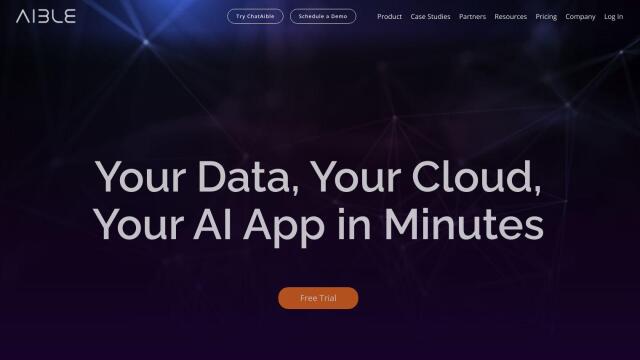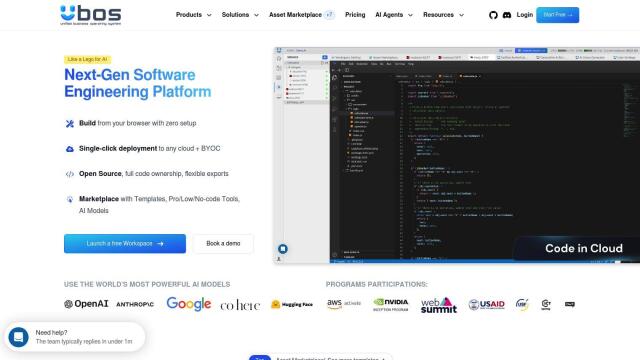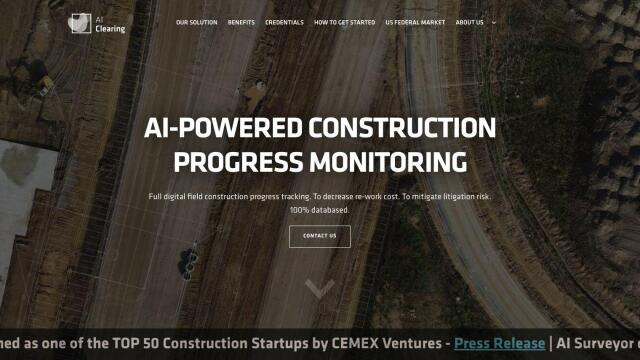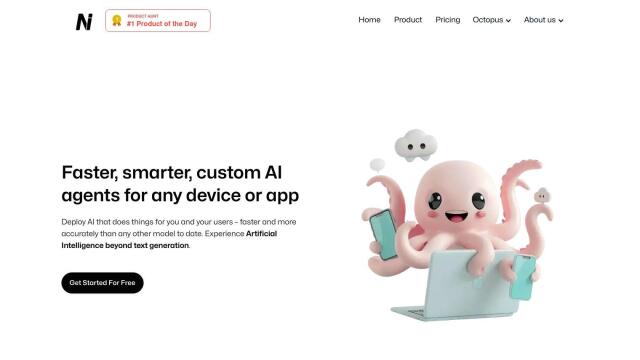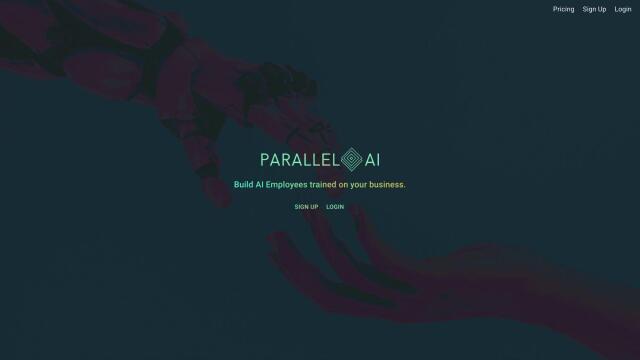Question: Can you recommend a solution for building efficient and private AI-powered devices for smart cities?


Coral
If you're looking for a device-based, private AI option for smart cities, check out Coral. This local AI platform enables fast, private and efficient AI through inferencing on the device. It supports popular frameworks like TensorFlow Lite and runs on Debian Linux, macOS and Windows 10. Coral's products are flexible and can be used in a variety of industries, so it could be a good fit for smart city use cases.


Oasis
Another contender is Oasis, which emphasizes smart privacy and offers a scalable and secure foundation for AI. Oasis is designed for decentralized applications (dApps) and has a modular design with high throughput and low gas fees. Its Privacy Layer and Multi-Layer Architecture makes it easy to add privacy to existing dApps, so it could be good for decentralized AI and other smart city use cases.

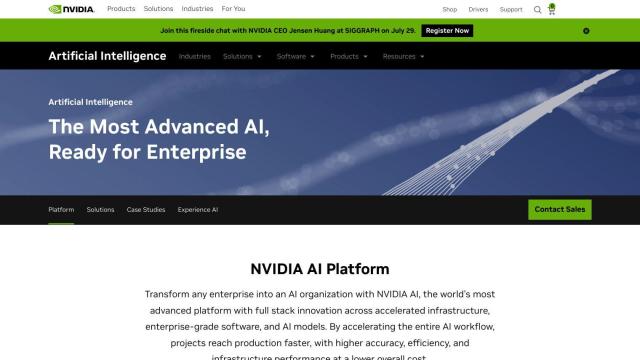
NVIDIA AI Platform
If you need a full-stack option, NVIDIA AI Platform could be a good fit. The platform offers an integrated AI training service that you can use through a browser, speeding up AI work with better accuracy and performance. It includes accelerated infrastructure, enterprise-grade software and AI models that can automate the entire AI workflow. That could be useful for bringing AI into the operations of smart cities.


BrightAI
Last, BrightAI offers a digital transformation platform that digitizes physical assets and processes. It includes an Intelligent Edge AI Hub for local decision-making and an AI Cloud for centralized processing. The platform can help smart cities take advantage of massive scale and improve operational efficiency and security with IoT devices and machine learning.

